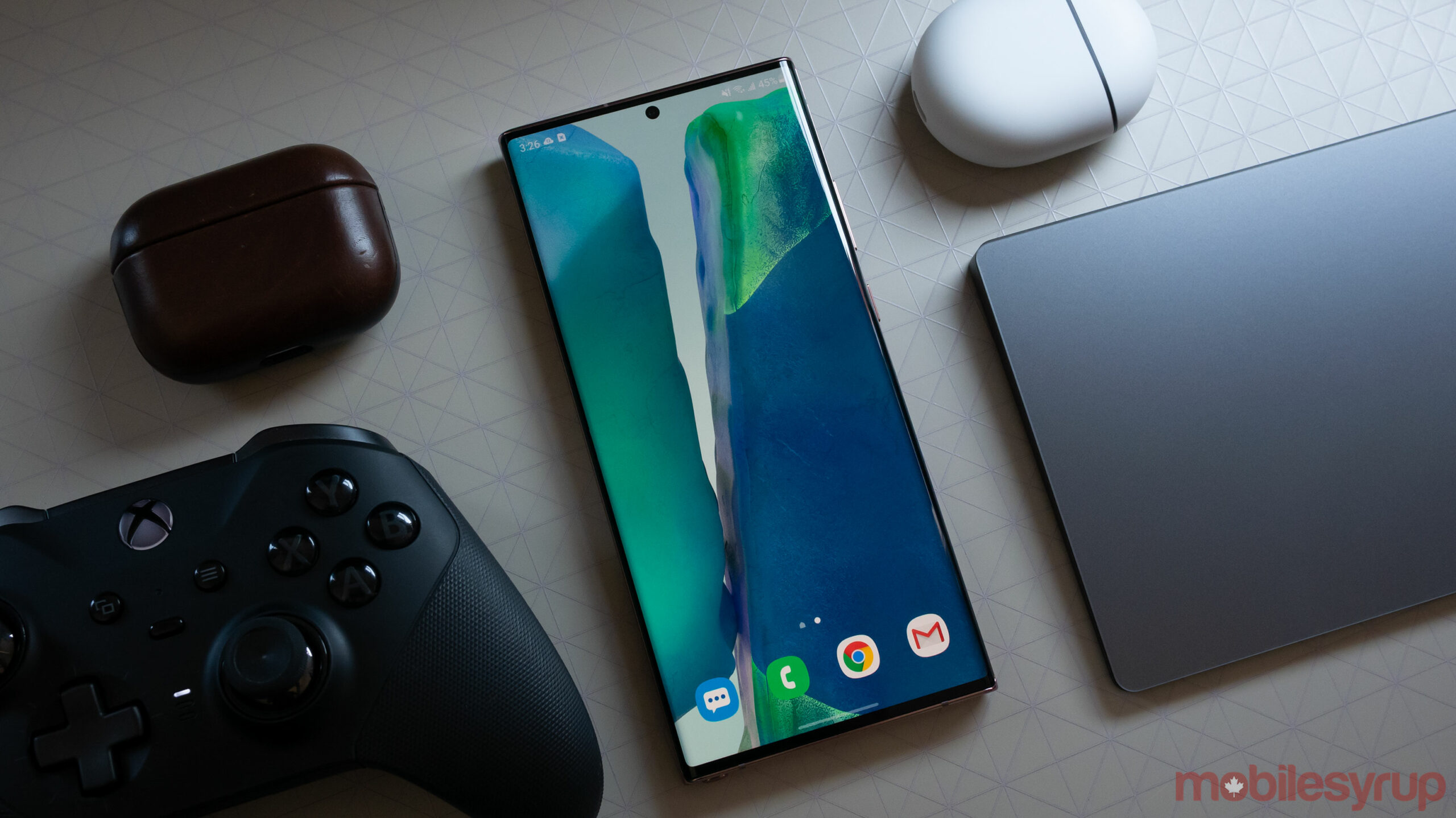
While Samsung’s Galaxy Note 20 Ultra is the first smartphone from the South Korean tech giant to feature a 120Hz display with a variable refresh rate, there’s a possibility we might see several devices in the future that also include the technology.
Samsung Display, the company’s screen division, has announced that its new “Adaptive Frequency” OLED screens will be available to third-party smartphone manufacturers. Other smartphones we’ve seen with 120Hz displays, like the OnePlus 8 Pro and Galaxy S20 Ultra, for example, aren’t capable of automatically jumping down to 60Hz and need to be set manually. Other phones, like the Pixel 4, offer variable refresh rates. However, the Pixel 4 series only switches between 60Hz and 90Hz depending on content or screen brightness.
Samsung says that the new display featured in the Galaxy Note 20 Ultra’s screen hits 120Hz when you’re gaming, but drops to 60Hz for playing videos and then 30Hz when messaging. In some cases, the display can drop to even 10Hz when showing a still image. All this is in an effort to improve battery life given how much power 120Hz displays consume, says Samsung.
The company also says that at the Note 20 Ultra’s lowest setting, the smartphone uses just 60 percent of the power it usually requires, with the display overall saving power by as much as 22 percent when compared to other 120Hz screens.
“Our Adaptive Frequency display technology is expected to considerably enhance the user experience by calibrating refresh rates in line with the requirements of a specific application and therein more precisely allocating available power,” said Samsung Display vice-president Ho Jung Lee in a recent statement.
It’s worth noting that just like the Galaxy S20 Ultra, the Note 20 Ultra is only capable of 120hz when set to a FHD+ 2316 x 1080 pixel resolution. The higher refresh rate isn’t available when the display is set to a WQHD+ 3088 x 1440 pixel resolution.
Source: Samsung
MobileSyrup may earn a commission from purchases made via our links, which helps fund the journalism we provide free on our website. These links do not influence our editorial content. Support us here.


